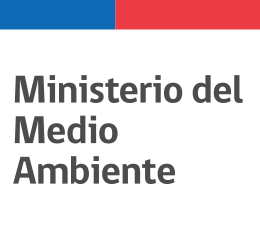Ichneumonid wasp at Brookbanks Park
Here at EcoSpark, we’re in our third year of researching arthropods with citizen science at local Caterpillars Count survey sites that we are hosting across the GTA, as shown in the pictured map. Caterpillars Count originated at the University of North Carolina and aims to track arthropod phrenology (the number of bugs in a given area) over time. With this data, we can determine how climate change is affecting the spring leaf-out and the emergence of arthropods. The timings of these events alongside bird migrations are changing due to climate change. This could spell disaster for migratory birds, as they rely on insect larvae to feed their young. If the shifts in timings of avian migration, arthropod emergence, and the spring leaf-out do not line up, birds and arthropods could face a food shortage and a significant decline in population.
In his most recent survey, our intern Matthew found an Ichneumonid wasp. These wasps inject their eggs into larvae of other insects, affecting up to a fifth of the host population. This reproductive strategy makes them a promising route for pesticide-free pest control. Pesticide use is harmful to both humans and the natural world. Pesticides can harm non-targeted insect and animal populations, and continuous exposure poses significant risks to farmers including increased cancer risk, nervous system damage, and endocrine disruption.
To learn more about Caterpillars Count, check out their website here: https://caterpillarscount.unc.edu/. You can also take a look at EcoSpark’s storymap here (https://storymaps.arcgis.com/stories/25c5d688a25d45a2a8fca3a46a1aec09) to learn how local EcoSpark volunteers are making a difference with this citizen science project at Brookbanks Park and multiple locations across the GTA.




Comentarios
Agregar un comentario